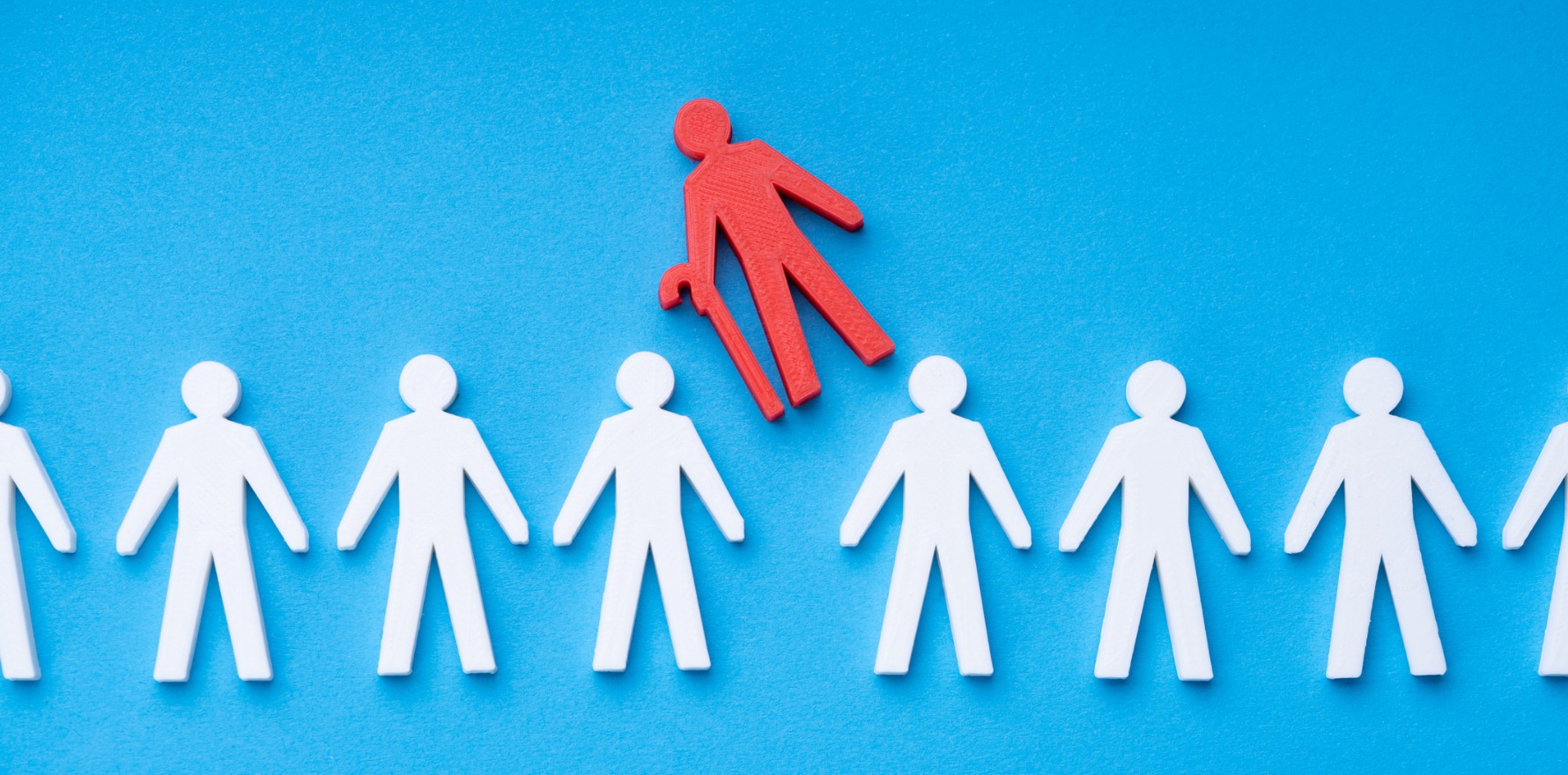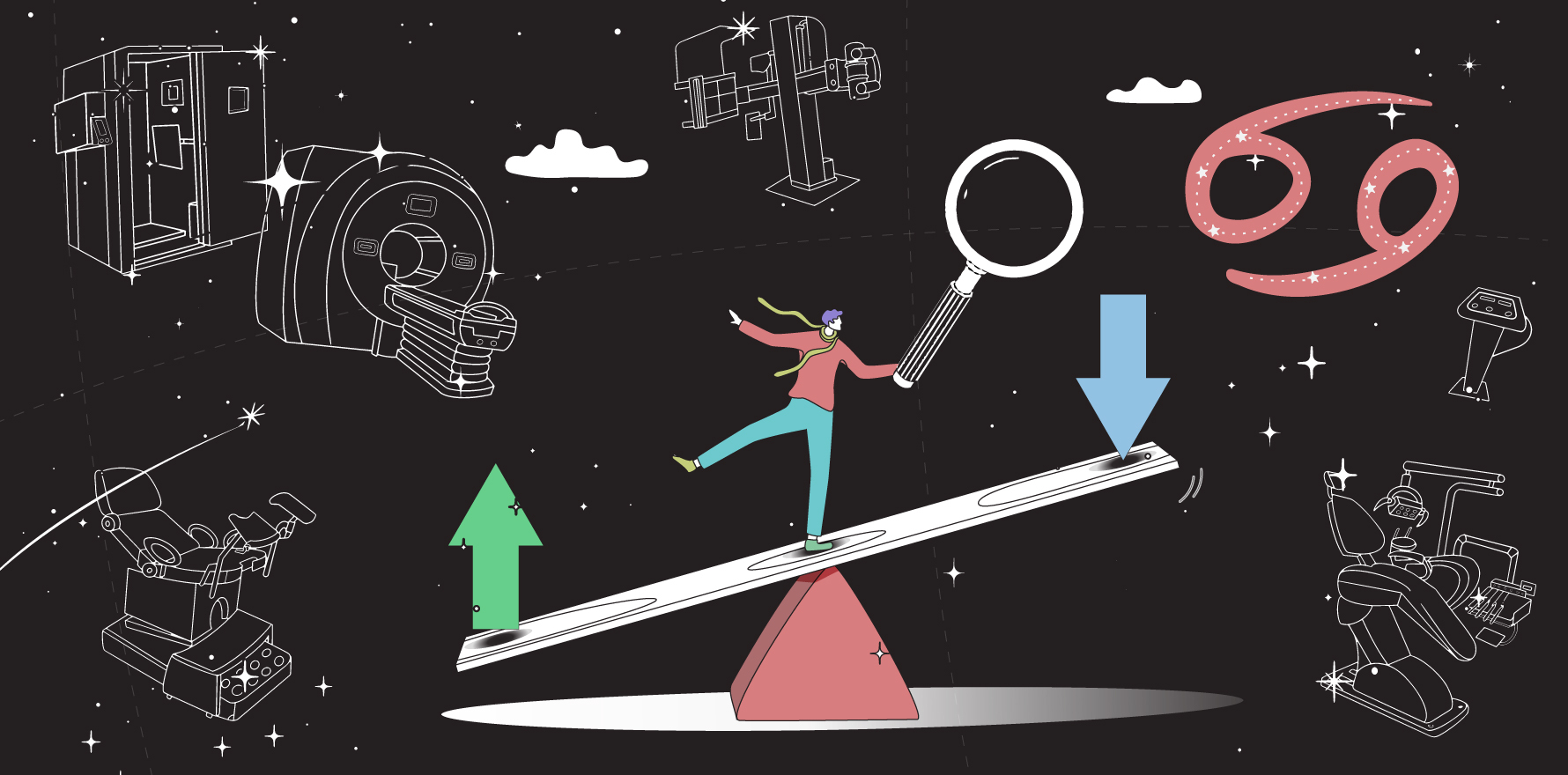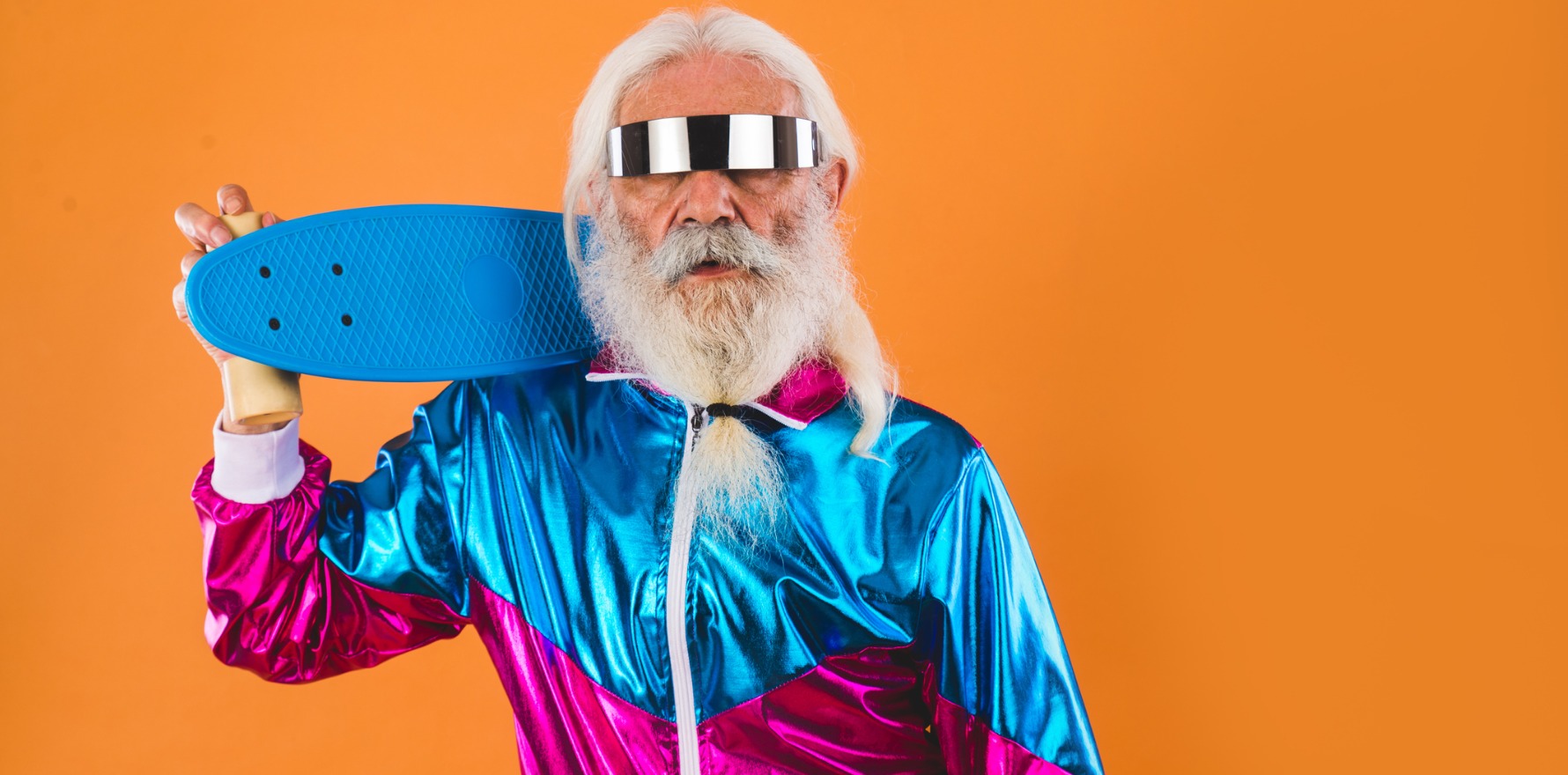Two experts discuss our inherent biases when it comes to caring for older people with cancer.
Older patients with cancer don’t always get the care they deserve if busy clinicians and hospitals feel scarce resources may be better used elsewhere.
In the latest episode of The Medical Republic Podcast, join Dr Paul Viray, a Melbourne-based consultant geriatrician and medical oncology registrar, and Dr Michael Krasovitsky, a medical oncologist from the Kinghorn Cancer Centre at St Vincent’s Hospital in Darlinghurst to discuss this hot topic issue in geriatric oncology.
Dr Viray, who initially trained as a geriatrician before pursuing additional oncology training, feels his experience offers some level of protection from seeing discrimination against older patients.
“Maybe I don’t see it as much as a geriatrician because I’m biased to want to do more for the older person. But there is an intrinsic thing about blaming [getting sick] on getting older, or [a patient] saying, ‘I’m old now, let’s not bother looking into X, Y and Z’.
“I’ve had to pick myself up on that [before]. But if people are aware of this [bias], I think there’ll be a lot of improvements made in the care of the older person.”
Dr Krasovitsky feels no one is exempt from thinking in an ageist fashion – intentionally or otherwise – and acknowledges even he found himself guilty of this recently when successive patients told him they did not want to pursue further anti-cancer therapies after progressing through their first-line treatments.
“The first patient was 84, and when she said, ‘I don’t want any more anti-cancer therapy’, I felt relieved. And the second patient would have been 58 or 59, but when he said, ‘I don’t want any more anti-cancer therapy’, I felt uncomfortable. I really wanted him to have it.
“That intrinsic bias is there … we have all inherited it. You feel this sense of relief when an older person doesn’t want more anti-cancer therapy and you feel this internal disquiet, this discomfort when a younger person doesn’t want more anti-cancer therapy.”
Dr Krasovitsky is unsure whether ageism and age-related bias has gotten better or worse in the face of Australia’s rapidly aging population.
“I think the difficulty I have when I’m asked this question is that, as social media and traditional forms of media entrench themselves [in our lives] more and more, we do see exceptionally active and engaged older people in our societies.
“We followed a 96-year-old, Her Majesty the Queen, [who was] engaged, interacting [and] being physically active. We see prominent people in our community – Ita Buttrose being one of them that pops to mind – being active, well engaged members of our community. Simultaneously, we do have more representations of older people who have more vulnerability.
“All of this, I think, should also be couched in recognising that during the early phases of the covid pandemic there was an institutionalised and systematic devaluing of older people’s lives. People recognised that at the time [and it] was met with some horror. Nonetheless, it continued.”
Related
Dr Viray suggests we need to flip the way think about treating older cancer patients on its head, as he has noticed there is less investigation of older patients’ symptoms compared to those of younger patients.
“I would argue that the older person needs more investigations or assessments to get the best outcome, even if it’s not to do anything.”
Dr Krasovitsky echoes the importance of taking an active approach to investigating signs and symptoms in older cancer patients.
“No matter what age you are, you deserve to know what you’re going to die of. I know that seems a bit facile, but older people often bring this idea that it doesn’t matter if [they’re] really sick – such is life.
“But if I was an older person, and I was dying and had shadows or spots throughout my body, I would want to know what I was dying of. The default of not biopsying [or] not doing tests is something we really need to reconsider.”
If you are interested in joining or would like more information about the Clinical Oncology Society of Australia’s Geriatric Oncology Community of Practice, please contact Dr Paul Viray via thevirayway@gmail.com.
Keep an eye out for part 2 of the chat with Dr Viray and Dr Krasovitsky, where we take a closer look at comprehensive geriatric assessments in older cancer patients.
To listen to the whole conversation, check out the Medical Republic podcast.





